How Family Influences Social Welfare Across Europe Today
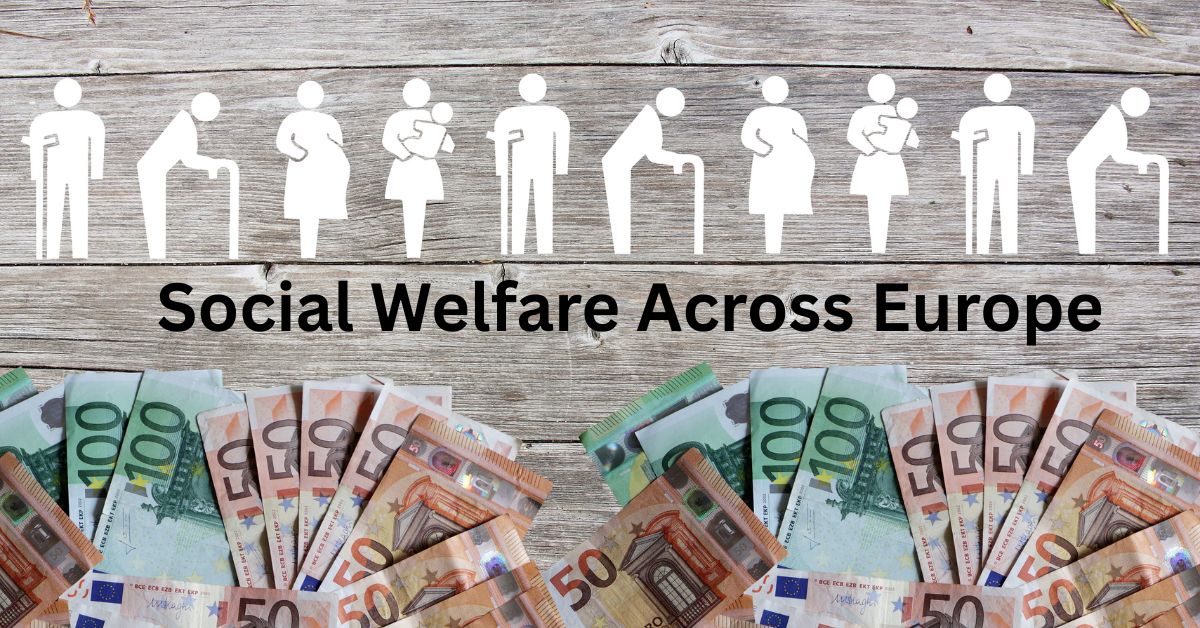
In Europe, family structures are more than just a way of life they significantly shape the design of social welfare systems. As families evolve, so do the ways in which governments provide support to their citizens. Today, family welfare remains one of the strongest pillars of European social policies, influencing everything from parental leave to childcare subsidies.
Understanding Social Welfare in Europe
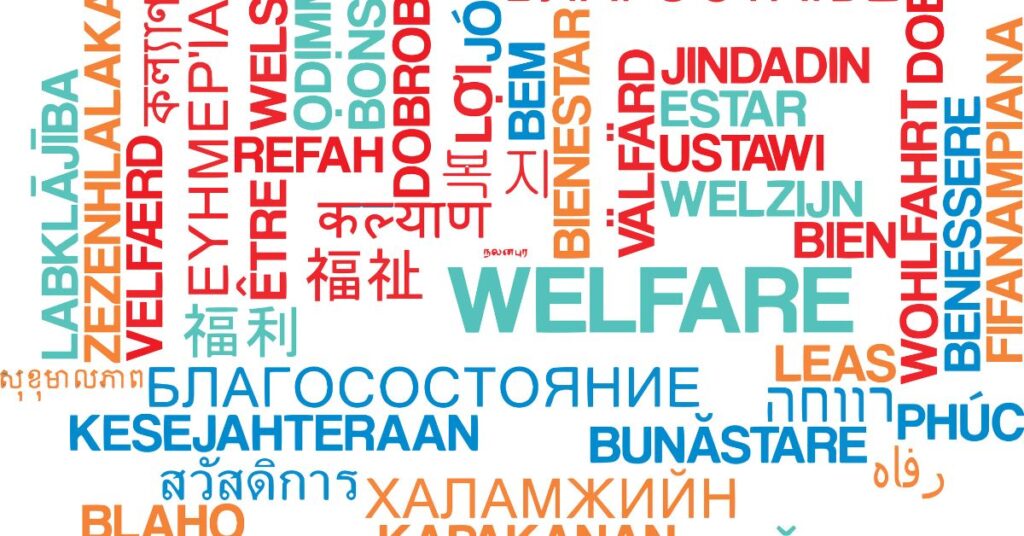
Before diving deeper, let’s clarify what we mean by social welfare. Social welfare refers to government initiatives designed to assist individuals and families in need, often through public benefits, subsidies, and services. These programs aim to support people during tough times, ensuring basic needs are met and contributing to social and economic stability.
Common examples of social welfare programs include:
- Childcare support
- Parental leave
- Income redistribution programs like unemployment benefits or universal basic income.
Social welfare systems vary across countries, but family-based welfare is a common theme throughout Europe.
The Role of Family in Social Welfare Systems

Family structure influences not only individual life outcomes but also the policies that governments implement to provide support. Family life plays a direct role in shaping the economic security of members. In Europe, where family-centered welfare programs are widespread, government policies often adjust to cater to the changing needs of families.
Key Family Welfare Programs in Europe
Across Europe, families are provided with a variety of welfare options. From financial aid for child-rearing to housing support, these policies are crucial in ensuring that families remain resilient in the face of economic challenges.
Sweden’s Progressive Family Support
Sweden offers one of the most comprehensive family welfare systems in Europe. Their parental leave policies allow both parents to take significant time off work while receiving financial support. This program has helped gender equality in parenting while ensuring economic stability for families during the early years of childrearing.
France and Germany: Pioneers of Child Welfare Programs
Countries like France and Germany provide child welfare benefits to help cover the cost of raising children. In these countries, family allowances and education benefits are integrated into the social safety net, ensuring that children’s well-being is prioritized.
Family Structure and Its Influence on Welfare Policies
The way families are structured greatly impacts the demand for and design of welfare policies. For instance, single-parent households may need more financial assistance than two-parent families, leading to policies that offer targeted support for single parents. Similarly, in countries with high rates of multigenerational households, such as Italy and Spain, social policies often include provisions for both elder care and childcare.
Welfare Programs by Country
Here’s a closer look at the type of family support offered by key European nations:
| Country | Key Family Welfare Programs | Types of Support |
|---|---|---|
| Sweden | Parental leave, child subsidies, healthcare for children | Paid parental leave, childcare support, universal healthcare |
| Germany | Family allowance, child benefits, education support | Financial support for children, education subsidies |
| France | Childcare benefits, parental leave, health insurance support | Financial assistance for parents, healthcare for children |
| Norway | Parental leave, child benefits, universal healthcare | Financial aid, child healthcare, parental leave benefits |
| United Kingdom | Family tax credits, child support, housing benefits | Assistance for children, housing, financial relief |
Challenges Facing Family Welfare Programs Today
While family welfare systems in Europe are robust, they are not without challenges. In the modern world, economic inequality, aging populations, and gender inequality remain concerns that affect the efficiency of these programs.
- Economic inequality can cause disparities in access to welfare programs, making it difficult for some families to fully benefit from them.
- The aging population means that elder care services are in higher demand, prompting governments to adjust their policies to provide additional support to elderly family members.
- Gender equality in family welfare remains a hot topic, with continued advocacy for more balanced parental leave and childcare support for both parents.
The Future of Family Welfare in Europe
Looking ahead, it is clear that the family will continue to shape social welfare systems across Europe. As societal norms evolve, so too must the welfare systems that support families. The future of family welfare policies will likely include:
- More inclusive support for diverse family structures (e.g., single-parent families, same-sex families).
- Stronger support for intergenerational households where elderly members live with their children and grandchildren.
- Innovative child-rearing programs that better integrate gender equality and work-life balance for both parents.
As family structures evolve, so does the demand for effective social welfare programs. From parental leave to childcare assistance, families in Europe are supported in ways that ensure their well-being. Social policies across European countries are continually adjusting to reflect the changing dynamics of family life, ensuring that families receive the help they need to thrive in an ever-changing world.
By understanding the integral relationship between family and welfare, we can better appreciate how these systems work to promote economic stability and reduce social inequality. Whether you’re in France, Germany, or Sweden, it’s clear that family welfare will remain a key part of Europe’s future.
FAQs
How do family structures affect social welfare policies?
Family structures impact the type of welfare programs needed. For example, single-parent families might receive more financial assistance, while intergenerational households may benefit from combined elder care and childcare programs.
Which European countries have the best family welfare programs?
Countries like Sweden, Germany, and France are recognized for their comprehensive family welfare systems, offering benefits such as parental leave, childcare support, and universal healthcare.
What types of support are offered to families in Europe?
European welfare systems provide support through programs like child benefits, parental leave, housing support, and financial aid for education.
How are governments adapting welfare policies to changing family dynamics?
Governments are increasingly offering inclusive policies that support diverse family structures, such as single-parent families and same-sex families, and providing more elder care services.
What challenges do family welfare programs face in Europe?
Challenges include economic inequality, the aging population, and ensuring gender equality in welfare programs.

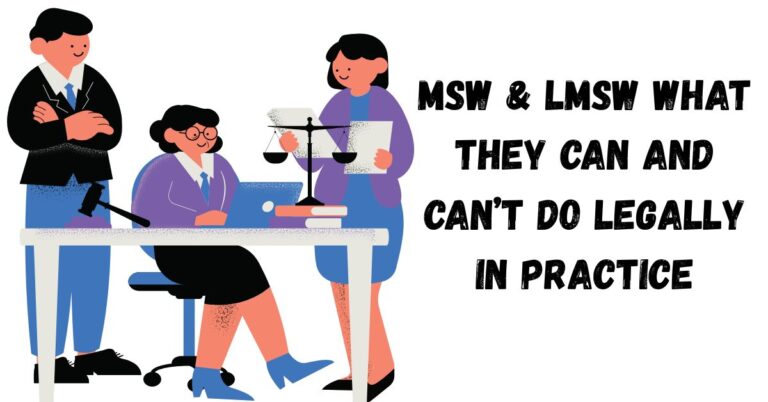
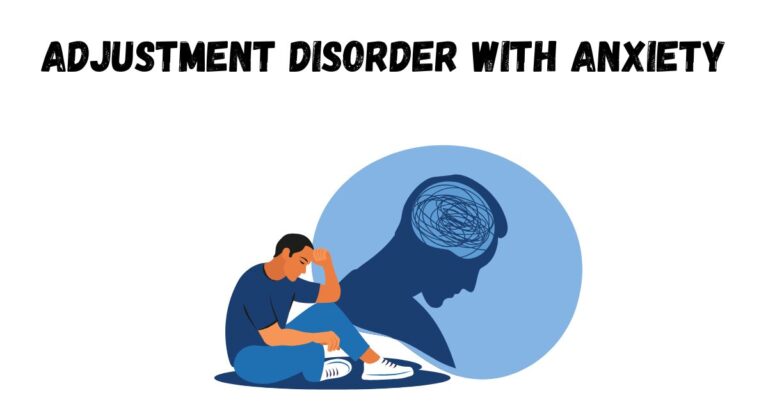
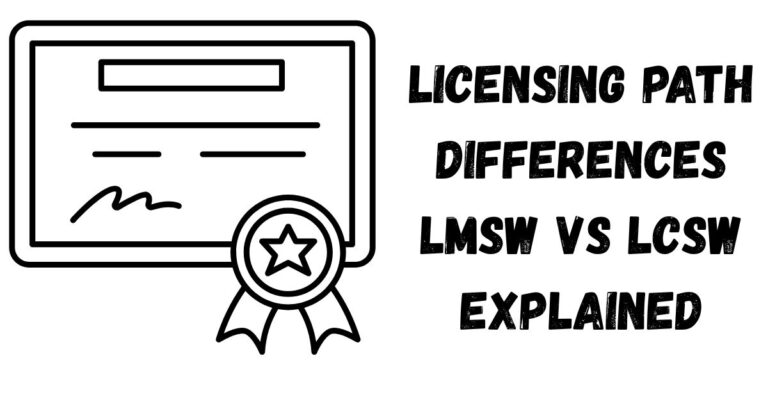
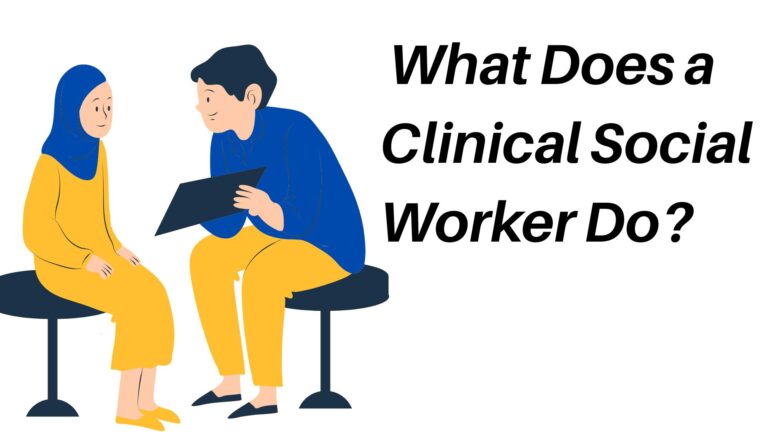
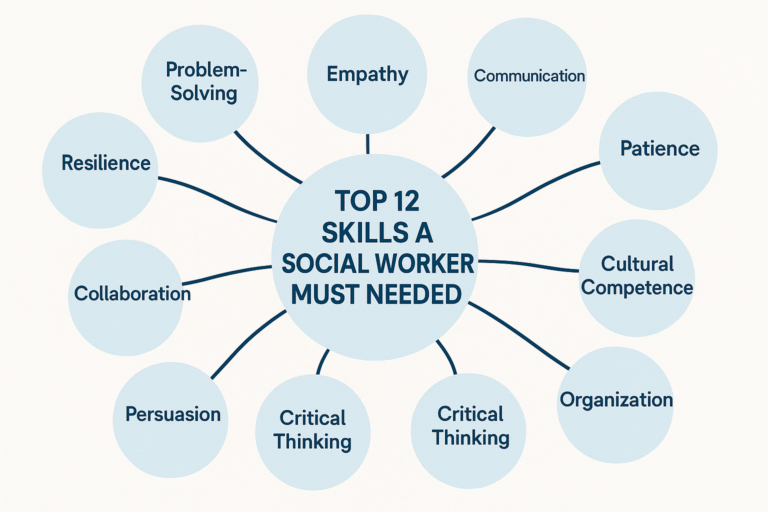
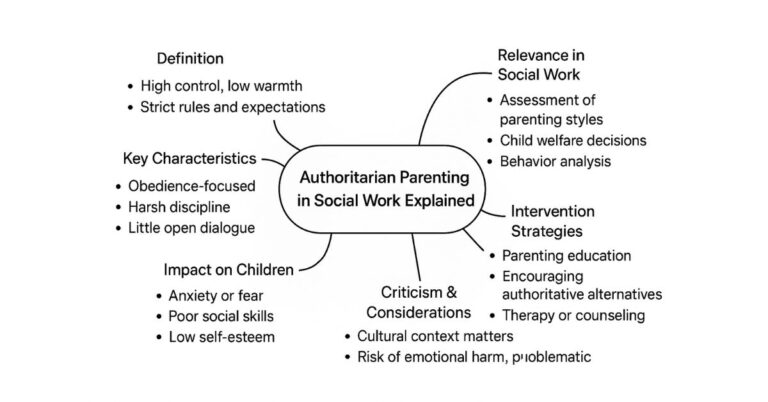
One Comment